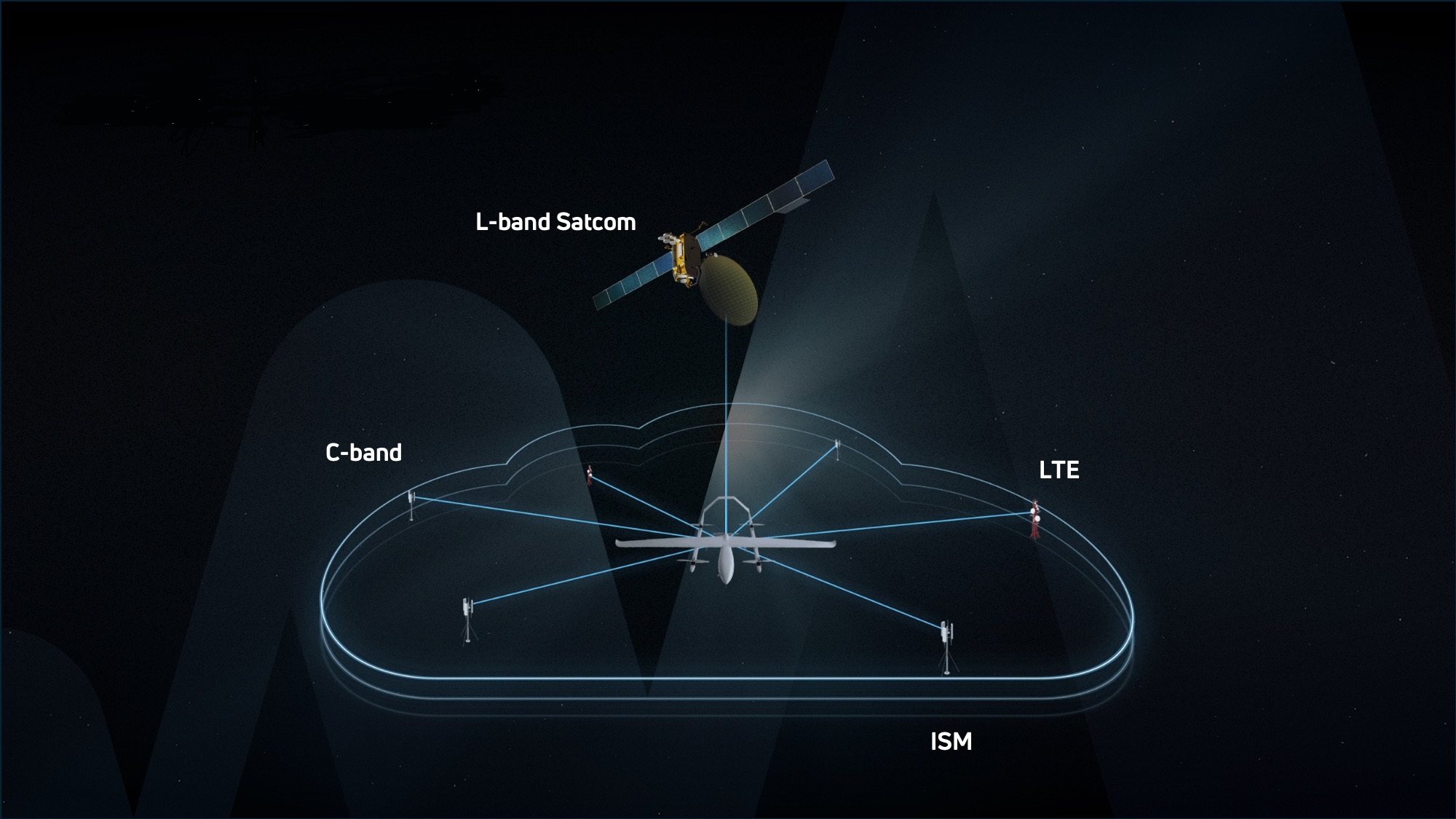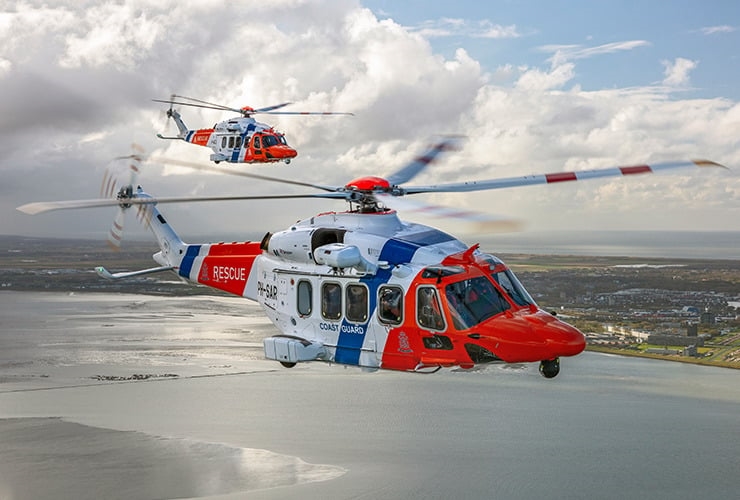UK makes aero propulsion breakthrough
SABRE, an air-breathing rocket engine, utilises both jet turbine and rocket technology. Its innovative pre-cooler technology is designed to cool the incoming airstream from over 1,000⁰C to minus 150⁰C in less than 1/100th of a second (six times faster than the blink of an eye) without blocking with frost. The recent tests have proven the cooling technology to be frost-free at the crucial low temperature of -150⁰C.
The European Space Agency (ESA) has evaluated the SABRE engine’s pre-cooler heat exchanger on behalf of the UK Space Agency, and has given official validation to the test results: “The pre-cooler test objectives have all been successfully met and ESA are satisfied that the tests demonstrate the technology required for the SABRE engine development.”
Minister for Universities and Science, David Willetts said: “This is a remarkable achievement for a remarkable company. Building on years of unique engineering know-how, Reaction Engines has shown the world that Britain remains at the forefront of technological innovation and can get ahead in the global race. This technology could revolutionise the future of air and space travel.”
Well over 100 test runs, undertaken at Reaction Engines Ltd’s facility in Oxfordshire, integrated the ground-breaking flight-weight cooling technology and frost control system with a jet engine and a novel helium cooling loop, demonstrating the new technologies in the SABRE engine that drive its highly innovative and efficient thermodynamic cycle.

Location of the Precooler shown in blue
Alan Bond, who founded Reaction Engines to re-build the UK’s rocket propulsion industry and has led the research from the start, said: “These successful tests represent a fundamental breakthrough in propulsion technology. Reaction Engines’ lightweight heat exchangers are going to force a radical re-think of the design of the underlying thermodynamic cycles of aerospace engines. These new cycles will open up completely different operational characteristics such as high Mach cruise and low cost, re-usable space access, as the European Space Agency’s validation of Reaction Engines’ SABRE engine has confirmed. The REL team has been trying to solve this problem for over 30 years and we’ve finally done it. Innovation doesn’t happen overnight. Independent experts have confirmed that the full engine can now be demonstrated. The SABRE engine has the potential to revolutionise our lives in the 21st century in the way the jet engine did in the 20th Century. This is the proudest moment of my life.”
Dr Mark Ford, ESA’s head of propulsion engineering, said: “One of the major obstacles to developing air-breathing engines for launch vehicles is the development of lightweight high-performance heat exchangers. With this now successfully demonstrated by Reaction Engines Ltd, there are currently no technical reasons why the SABRE engine programme cannot move forward into the next stage of development.”

An artists impression of Reaction Engines' SKYLON concept aircraft in flight, showing a cut-away of the SABRE engine.
In response to the announcement by Reaction Engines, Philippa Oldham, Head of Transport and Manufacturing at the Institution of Mechanical Engineers said: “Keeping the engine from overheating has been one of the biggest obstacles to developing the SABRE engine, a technology which would enable flying speeds of up to five times the speed of sound, or as much as twenty-five times the speed of sound in Earth’s orbit.
“This new heat exchanger is able to control the SABRE engine temperature, which will have a great impact on UK aerospace engine industry. This technology has the potential to be used with current aeroplanes, which could improve fuel efficiency by up to 10%, saving airlines about $20 billion a year.
“This technology also brings us a step closer to flights from London to Sydney that last just a little longer than an on-flight film or even two-week holidays in space.
“The fact that this technology is being developed in the UK is also hugely encouraging and demonstrates the talent and expertise there is in this country for manufacturing high value and high-tech goods.”













